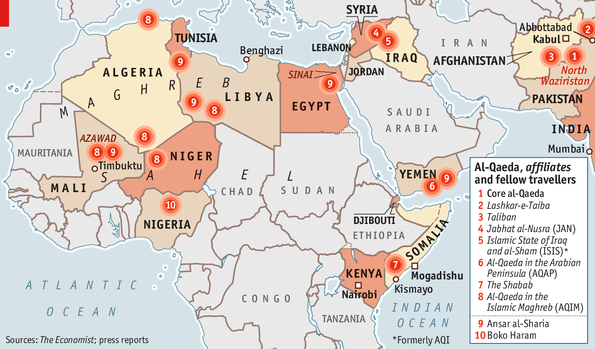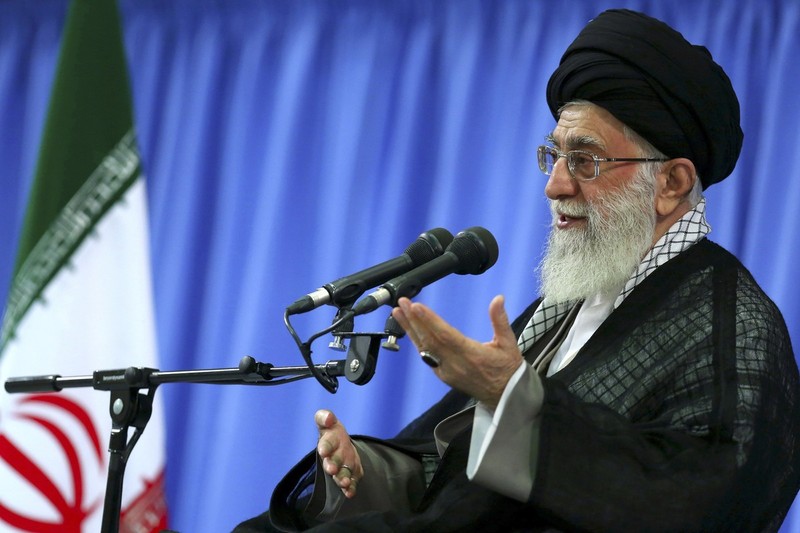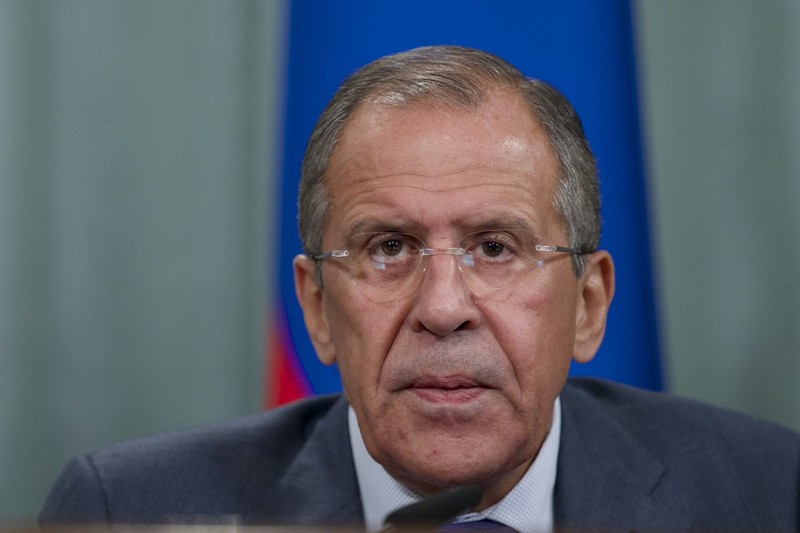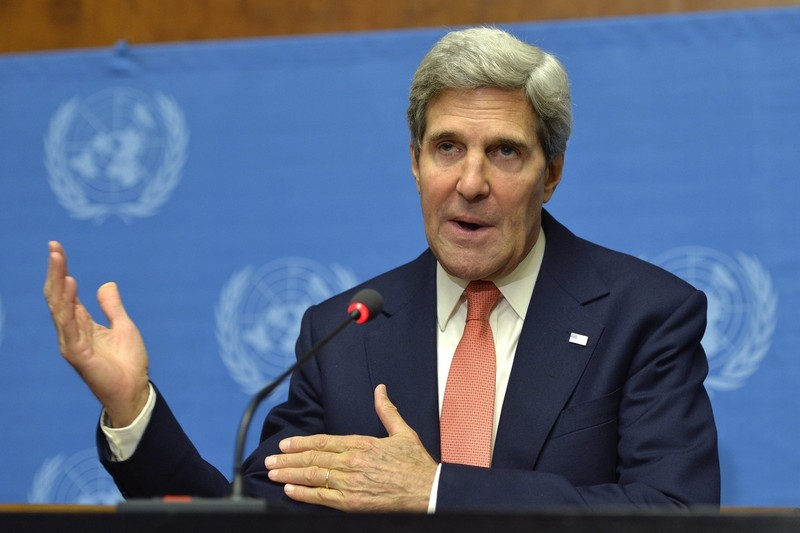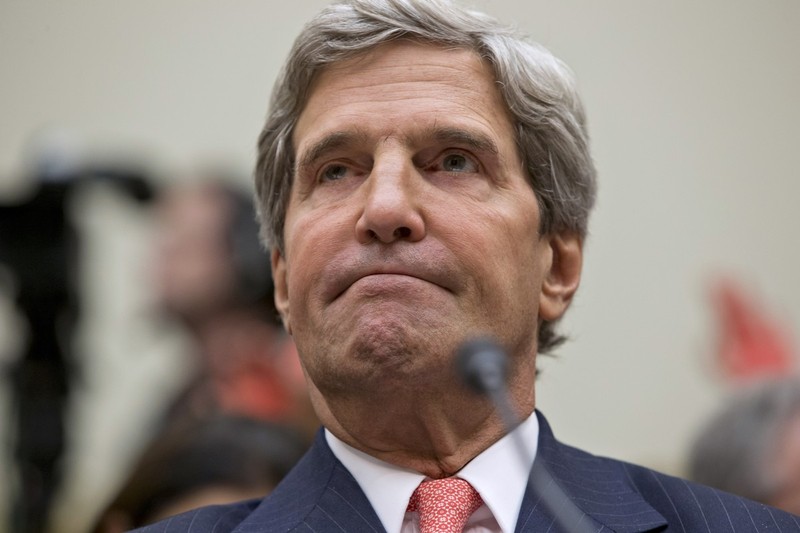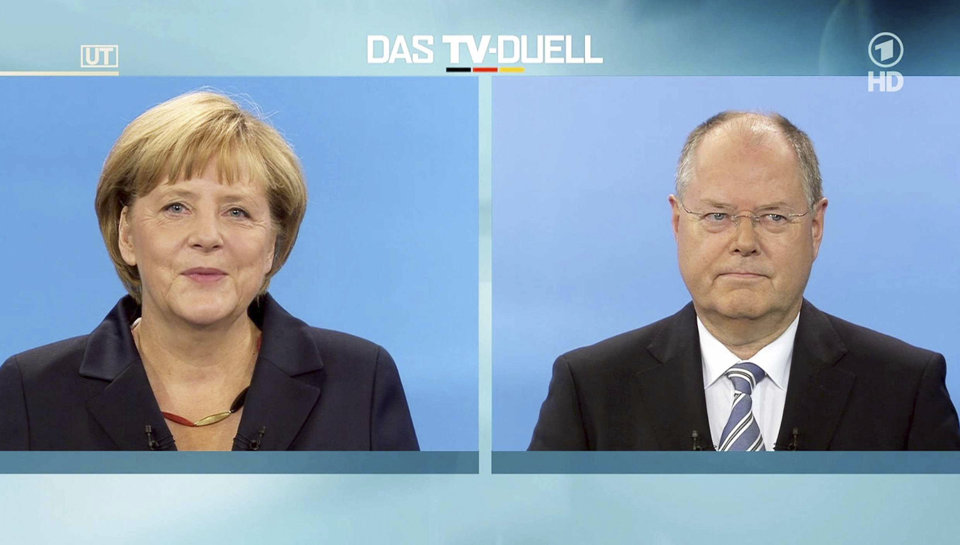
When UK Prime Minister David Cameron lost a parliamentary vote to strike Syria, I called for his resignation. One member of Parliament agreed, shouting "resign!" at the Prime Minister. (He has yet to heed our advice.) Why should he resign? Because a prime minister, whose position is like a combination of the U.S. presidency and the House speakership, must remain in firm control of parliament to be an effective leader.
The American system was designed differently. It is not uncommon for the President and Congress to squabble. However, one area in which the President is given nearly unlimited discretion is foreign policy. As the nation's Commander-in-Chief and Diplomat-in-Chief, the President is given wide latitude to act on our behalf.
And that's what makes President Obama's decision to ask Congress about striking Syria so puzzling. By virtue of the War Powers Resolution, the President can engage in brief military action without congressional approval. Even more head-scratching is the fact that Mr. Obama didn't ask Congress before joining a coalition to attack Libya.
So, why ask Congress about Syria?
The conventional wisdom would probably suggest that President Obama is seeking political cover. A clear majority of Americans do not want to get involved in Syria, but Mr. Obama feels that he needs to do something since he metaphorically drew a red line (which he is now denying, as if we don't have a video of him drawing a red line).
But there is another possibility -- albeit a very cynical one.
Mr. Obama saw what happened in the UK; Parliament put its foot down and flat-out rejected Mr. Cameron's call for action in Syria. So scolded, Mr. Cameron backed down and will not join any coalition to strike Syria.
Is it possible that Mr. Obama hopes that the same thing will happen in Congress?
After all, it's not a big secret that Mr. Obama isn't keen on going to war. He even admitted as much at the G-20 summit, when he remarked, "I was elected to end wars, not to start them." In light of his reluctance to use American force, it is quite possible that his "red line" comment was nothing more than an attempt to sound tough. In actuality, he never intended on using force in Syria. But, now his rhetorical mistake has taken on a life of its own and has morphed into a full-blown foreign policy crisis.
If that's true, then Mr. Obama isn't seeking "political cover"; he's seeking a way out.
Additionally, the President has already hinted at the possibility of using a rejection from Congress for political advantage. In Stockholm, Mr. Obama said that his credibility wasn't on the line, but the credibility of Congress was.
In the hyper-partisan environment that is Washington, DC, it is not difficult to imagine the President saying, "I wanted to punish Syria, but the Republicans didn't want to support me." Simultaneously, it is not difficult to imagine Republicans taking the opportunity to vote against the President, even if it weakens the institution of the presidency.
Let's hope that's not what's going on. Because if it is, both Mr. Obama and Congress are gambling with the very credibility of the United States.
(AP photo)
